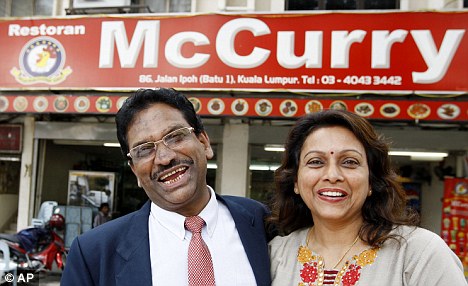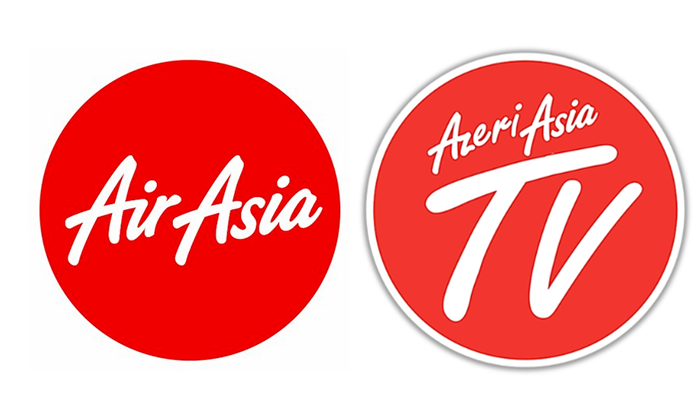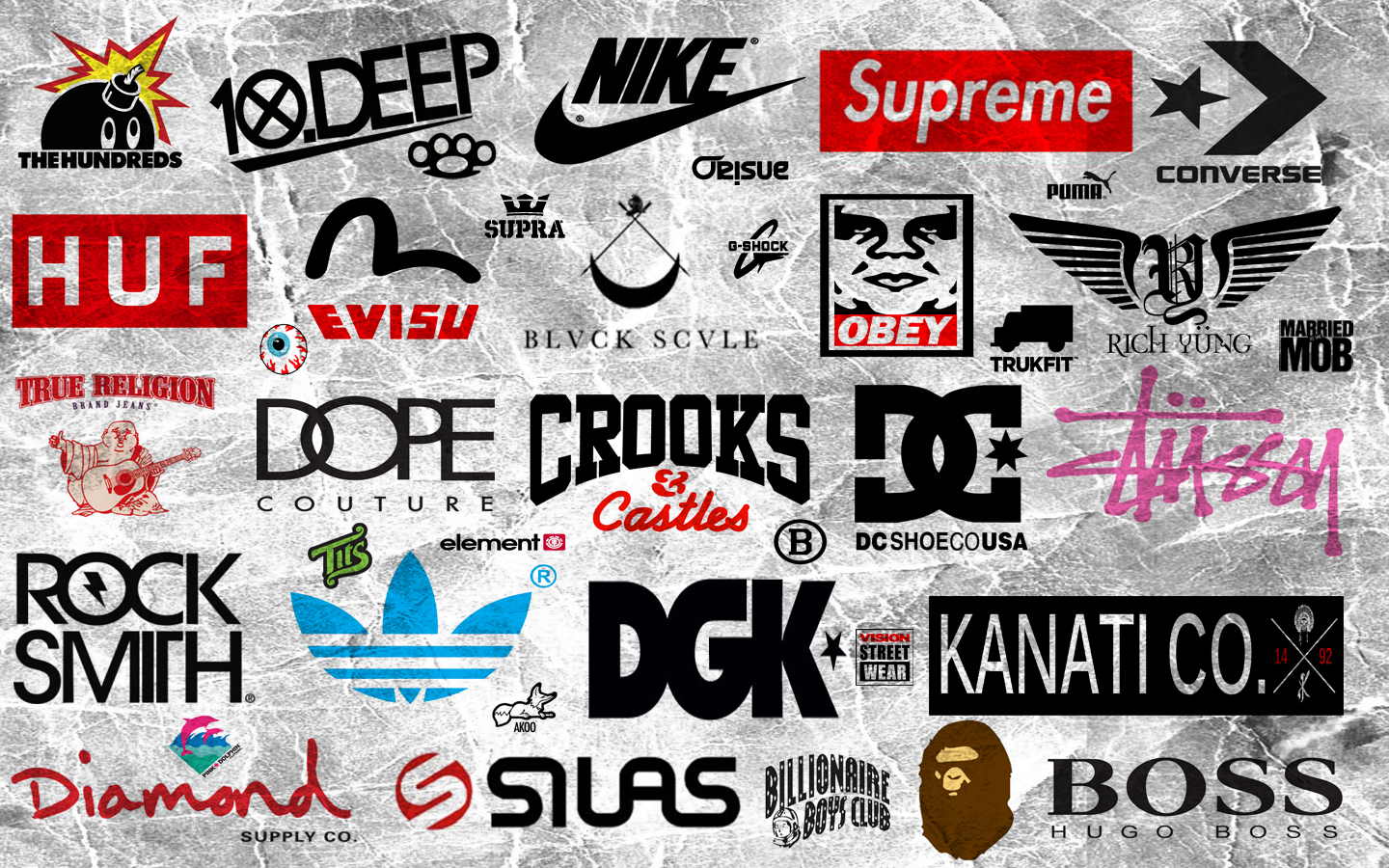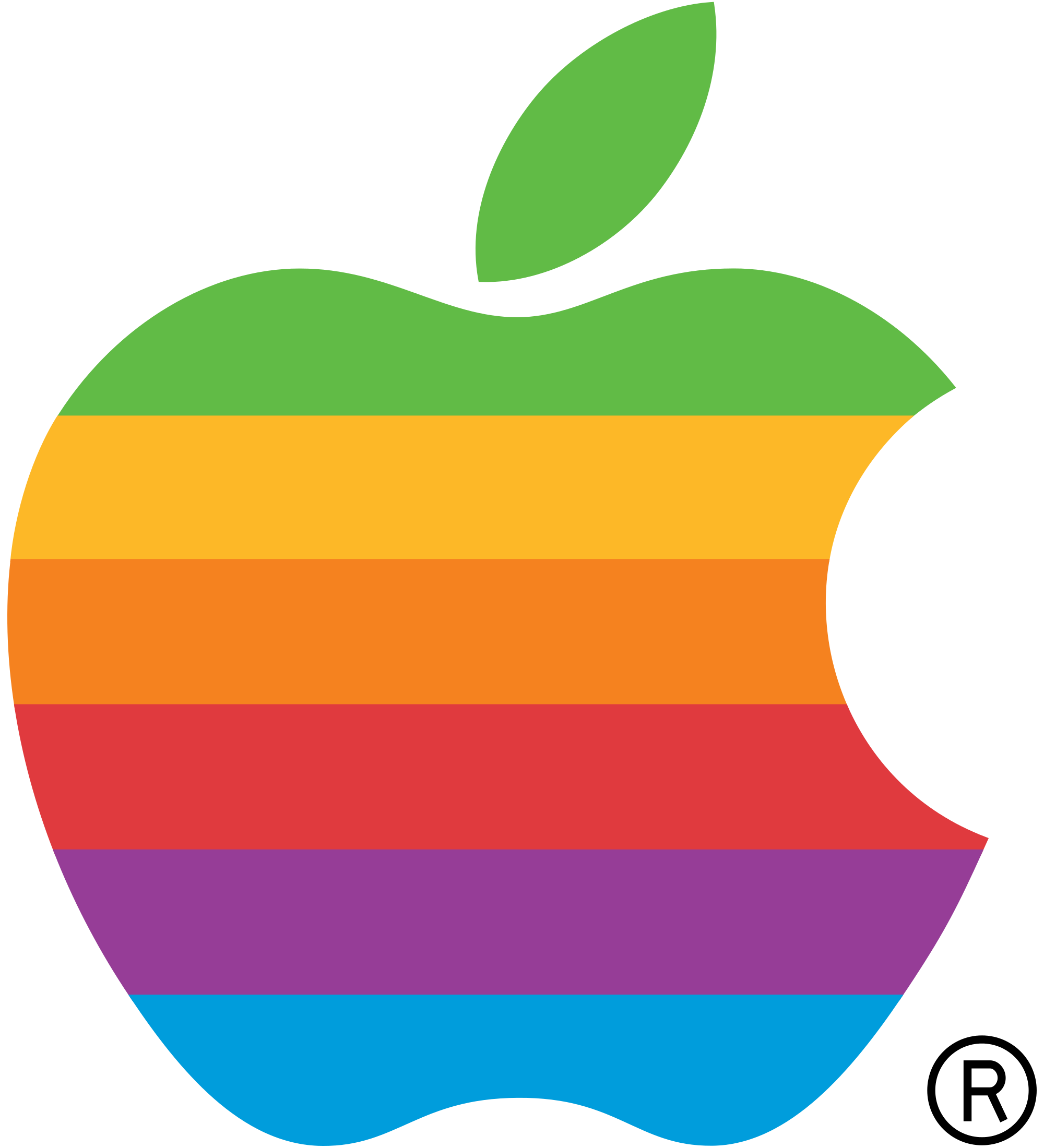

Intellectual Property
Here's how Malaysian trademark law protects YOU from getting conned
almost 8 years ago SiewAnneImagine you’ve just started your own hip mamak restaurant. Let's say you decided to name your business "McDonald's". Your logo, business motto, and food sold are all different from those at McDonald's. Can you still name your restaurant "McDonald's"?
Someone has actually done something similar. In 1999, a popular eatery in Jalan Ipoh called McCurry was sued by fast food giant McDonald's for trademark infringement. McDonald's claimed that McCurry should be prevented from using the prefix "Mc" in their name. However, after a lengthy legal battle that went all the way to the Federal Court, the final ruling was decided in favor of McCurry on grounds that McDonald's does not have a monopoly over the use of ‘Mc".
 Image credit: DailyMail
Image credit: DailyMail
So no, you can’t name your business "McDonald's"
Doing this would be an infringement of a trademark under Section 38 of the Trade Marks Act 1976, and legal action may be taken against you! The name McDonald's is owned by McDonald's franchise, therefore any unauthorized usage of their name will be a violation of the McDonald's trademark.
Section 38 of the Trade Marks Act 1976 reads:
(1) A registered trade mark is infringed by a person who, not being the registered proprietor of the trade mark or registered user of the trade mark using by way of permitted use, uses a mark which is identical with it or so nearly resembling it as is likely to deceive or cause confusion in the course of trade in relation to goods or services in respect of which thetrade mark is registered...
But why do businesses care so much about their trademarks? What makes it more than just colours, designs, and fancy fonts? Well...
Copycats like to use famous brands to mislead YOU
 Image credit: Marketing Interactive
Image credit: Marketing Interactive
Recently, AirAsia released a statement distancing themselves from a local media channel called Azeri Asia TV, whose logo and loyalty program bears a striking resemblance to AirAsia's:
“We strongly advise the public to be cautious of any organisation which infringes our intellectual property rights. AirAsia shall not be held liable for any claims pertaining to the organisation." - AirAsia's announcement, quoted from Marketing Interactive
A question you might have is this: Why would anyone name their business after the name of a renowned business?
One of the reasons is that they can profit off the general public's confusion between the two and can ride on the popularity of the already established brand. It's a big issue when some companies try to impersonate a well-known company with a good reputation. They look good by borrowing the other company's reputation, but also damage the other company's reputation when they make mistakes.
Copycats who infringe on trademarks do so in two main ways:
1. Using a trademark belonging to another.
This is when you outright steal another company’s trademark, normally to pretend to be them or pretend to be connected to them. For example, you might name your business Coca-Cola, Facebook, or Petronas to ride on their credibility and brand. Another example is when you use the logo of another brand on your own product, like putting Nike's logo on your own shop's shoes.

Image credit: Flickr
2. Using a similar looking or sounding mark
This is when a mark may identical to an existing trademark in the way it looks or in the way it is pronounced. If you use a logo that says “Auntie’s Char Kuey” written in white on a blue rectangular backdrop using a design similar to Facebook's, you might get in trouble. On the other hand, if you name your business “FesBuk” or “Koka Kola" then legal action may also be taken against you for violating Facebook’s or Coca-Cola’s trademark. Copycats like to do this to confuse consumers that their brand might be related to another famous brand, and profit from the good reputation.

Image credit: therandomdailyness.com
In 2004, Microsoft infamously took legal action against Canadian student Mike Rowe due to the fact that his website’s domain name was MikeRoweSoft.com. They claimed that MikeRoweSoft sounded too similar to Microsoft and was a violation of their trademark. Microsoft also claimed that Mike Rowe did this deliberately and what he did constitutes "cybersquatting" - when a person intentionally registers a domain in the name of another company, business, or public figure.
The two parties eventually had an out of court settlement and Microsoft bought out the MikeRoweSoft.com domain. In return, they gave Mike Rowe an Xbox!
That's a brief background, so what are trademarks and how do they work in the first place?
A trademark is the visual identity of a business

So what is a trademark? The Oxford dictionary defines a trademark as:
"A symbol, word, or words legally registered or established by use as representing a company or product."
In law, according to Section 10 of the Trade Marks Act 1976, trademarks include the name of an individual, company or firm, a signature, invented words, or any distinctive mark.
Essentially, a trademark is any mark that people remember your business or product for. For example, Coca-Cola is known for their symbolic cursive writing of "Coca-Cola" in white on a red background. This is their trademark and what helps us recognize this delicious beverage, and no one else is allowed to use this mark.
But having a trademark doesn't mean you own everything connected to it!
Remember the case of McCurry referred to above? In that case, lawyer Sri Devi Nair said the ruling means McDonald's does not have a monopoly on the prefix "Mc", and that other restaurants could also use it as long as they distinguish their food from McDonald's. So you can now name your restaurant McCharKueh if you want - as long as you don’t sell the same food as McDonald's!
We also note that trademarks are different from copyrights, which pertains to ownership of work that you created.
[READ MORE: How can Malaysian Copyright law protect me?]
There are special rules on what can become trademarks
1. You can’t trademark descriptions!
Section 10(1)(d) of the Trade Marks Act 1976 states that a trademark must contain:
"a word having no direct reference to the character or quality of the goods or services not being, according to its ordinary meaning, a geographical name or
surname; ..."
This means you can’t trademark your restaurant name if it’s called "Delicious Char Kuey" (it's descriptive), "Penang Char Kuey" (there's a geographical name), or "Lim's Char Kuey (there's a surname).
2. You can’t register just any word as your trademark!
General and common words like "sky", "water", "delicious", and "bottle" are all words that you cannot register because it's a description of the product. This is specified under Section 10(2) of the Trade Marks Act 1967 which states that a registered mark must be distinguishable from the goods or services that its offering. This means that if your business is a fried chicken shop, you cannot register "Fried Chicken" as your trademark.
But wait a minute, how did Apple register their trademark then??? It's true, you can't register "Apple" as your trademark if you own an apple farm. But you can do that if it's for a company or business that has nothing to do with the fruit. Naming a computer and technology company "Apple" is distinct and therefore can be registered.
This is established in the case of Abercrombie & Fitch Co. v. Hunting World, where Abercombie & Fitch had trademarked the term “SAFARI” to describe specific types of clothing sold in their stores. The judge ruled that a descriptive word may be registered if it acquired a secondary meaning - referring to a specific type of clothing.
How do you identify trademarks?
There are 3 commonly used symbols, which are TM, SM, and R.

Note the mark on the bottom right corner of the Apple logo. Image credit: Wikipedia
TM and SM are used for unregistered trademarks. TM stands for Trade Mark and is used for marks that represent goods. SM stands for Service Marks, and is used for marks that represent services. It should be noted though, that these may slightly vary from country to country. For example, trademarks registered in the United States are marked with an ® instead of an R.
In Malaysia, R is used to indicate marks that have been registered. It is illegal to use the R on an unregistered trademark. This is stated under Section 81 of the Trade Marks Act 1976 and if found guilty, you may be fined up to five hundred ringgit or punished with imprisonment not exceeding two months or worse - BOTH!!
How do I register a trademark?
It's actually pretty simple. You can register manually or online through MyIPO's website here (instructions and forms are on the site itself).
You’ll receive these protections under trademark law:
a) You may take action and sue anyone trying to steal your name. Section 38 of the Trade Marks Act 1976 of allows you to take legal action for the infringement of your registered trademark.
b) No one else can register your trademark as theirs. Section 19 of the Trade Marks Act 1976 prevents anyone else from registering a trademark that is identical to yours or one that is so similar that it might cause confusion. With this, you can be sure that no one but you owns that trademark!
Do note that trademarks take effect locally. This means that a trademark in Malaysia is not recognized in any other country. Yes, McDonald's is registered as a trademark in every single country they operate in. You have a priority during the first 6 months you register your trademark in other countries who have signed the Paris Convention, but if someone happened to have an identical or similar trademark before you, it won't affect their registered trademark.
Trademarks are more than just a legal issue. Companies put a lot of work into building their brands and it can mean the downfall of a brand when others try to freeload on that effort by deceiving customers. If you have a business and use a trademark to make your business stand out, always register it so that if someone else tries to steal it, the law has your back!